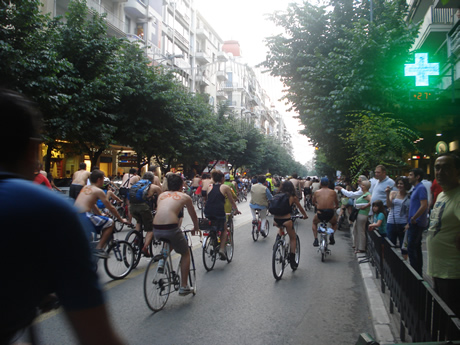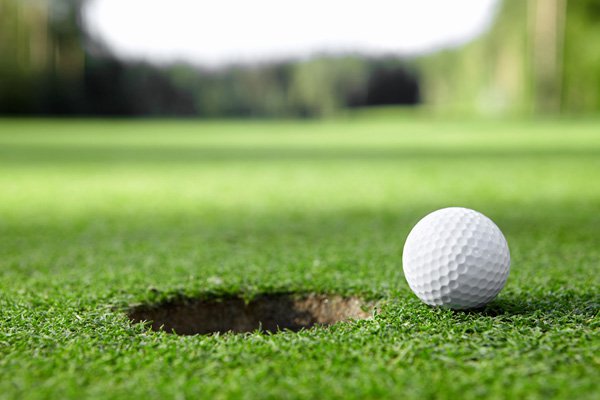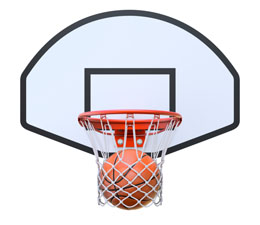Dropped 3rd Strike/Check Swing
Question
Two strikes and one ball on batter with two outs. Batter checks swing which is in the dirt and goes to backstop, and it is called a ball by home plate ump. Defense asks for appeal on the swing which is then called a strike(3). Can the batter run to first at this point? Thanks for your time.. I'm thinking they can not as it is maybe a delayed appeal that actually happened.
Answer
Hi Jonathan,
Thank you for your question. The instant the base umpire indicated that the batter swung on the checked swing, probably by verbalizing "yes" and making a strike/"hammer" signal, the batter struck out. Since there were two outs, whether 1B was occupied or not, the batter became a batter-runner and was entitled to run to 1B. The ball remains live, so to get the third out, now the defense needs to put out the batter-runner at 1B, or play on one of her teammate runners, if there were any. It is not a delayed appeal, or one of the four appeal plays, or a delayed dead ball. After the plate umpire "got help" from the base umpire, it instantaneously just evolved into an ordinary, two-out, dropped third strike play.
The scenario you describe can be a nightmare for the umpiring crew if the batter-runner gets put out at 1B. The only one who comes out smelling like a rose is the defense. Why? Normally, the batter never moves a muscle to run to 1B on a two-strike checked swing that the plate umpire has called a ball. They remain at home plate. But then, all of a sudden, they get called out on strikes, and are forced to make a last-ditch effort to get safely to 1B, and due to a late jump, are often an easy mark for the defense.
I say the scenario is a nightmare for the umpiring crew because if the offensive coach feels that the plate umpire missed an obvious swing and its resulting third strike, then the coach has an ax to grind with the PU because the "ball" call left his batter standing at home plate and ripe to be later put out at 1B. Similarly, if the offensive coach feels that the base umpire missed an obvious checked swing and its resulting ball two, then the coach has an ax to grind with the BU for "overruling" (note the quotation marks) the PU, because the "swing" call compelled his batter to run to 1B while they remained at home plate, expecting to merely continue their at bat. The batter, too, of course, will share his coach's opinion, in both cases.
Furthermore, the "overruled" pitch by the BU may leave hard feelings with the PU. Some insecure or pompous PU's expect a "no swing" call from the BU every single time, right or wrong, no matter what, when they go to them for "help" on a checked swing.
Scott Kelly
third base coach between the box and the base
runner intereference


